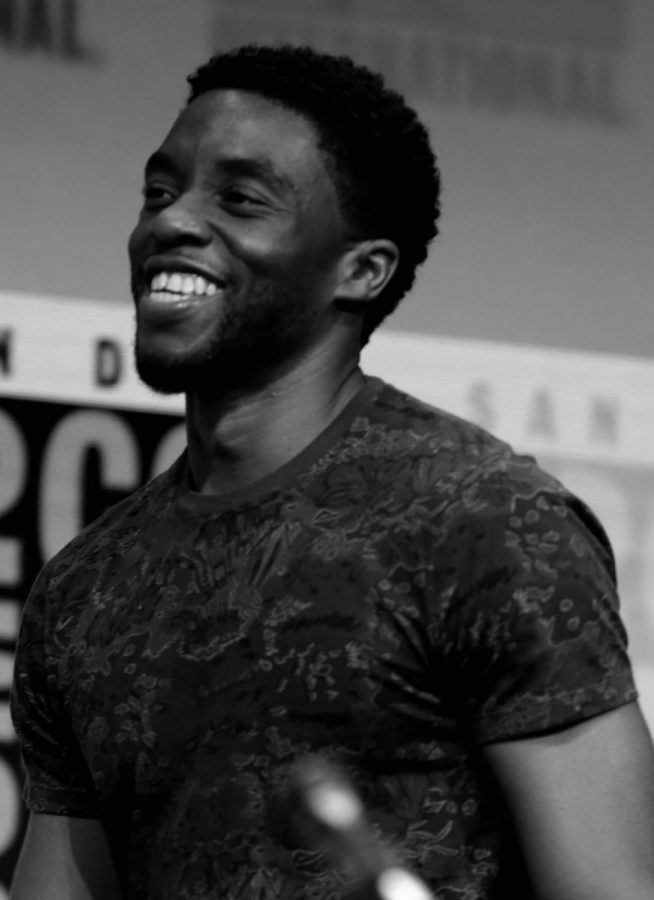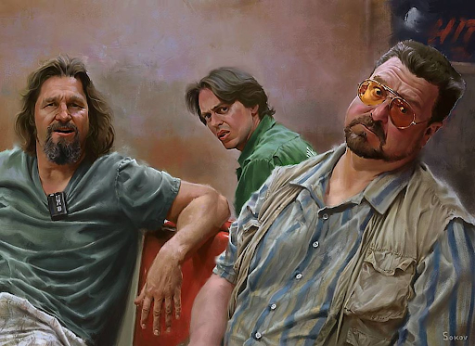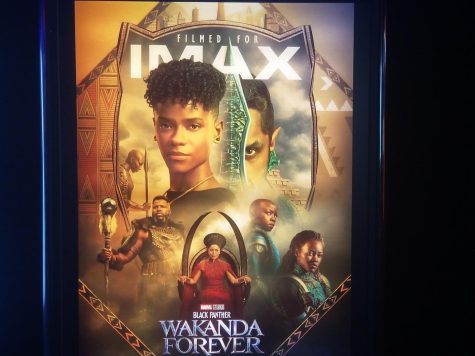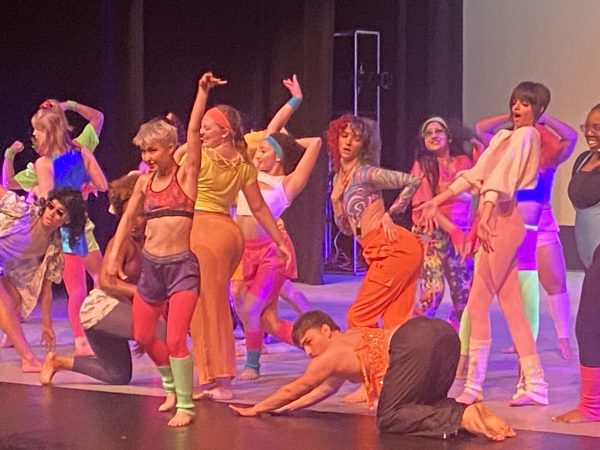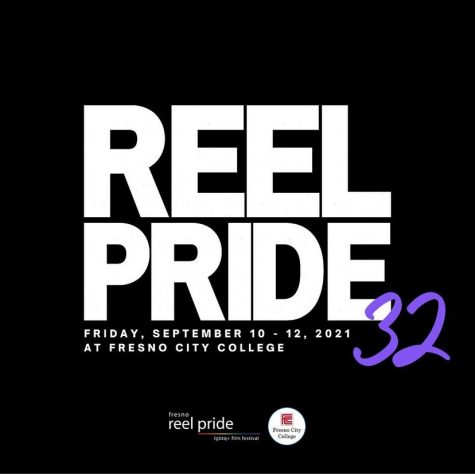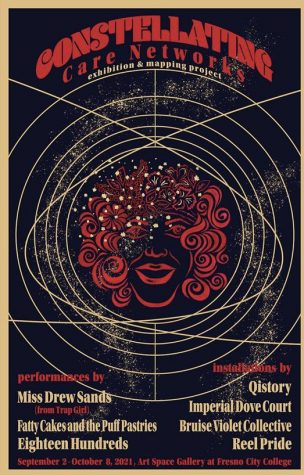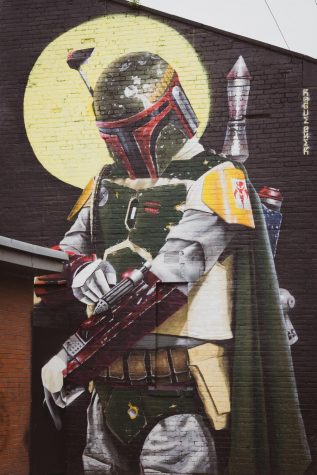A King: Remembered
On August 28, Chadwick Boseman, known best for his role as Marvel’s “Black Panther” passed away at the age of 43 after a four-year battle with colon cancer, according to a statement released on Twitter by his estate.
Boseman was diagnosed with stage three colon cancer in 2016 where it progressed into stage four over the last four years, the Twitter post said.
In the four years that followed Boseman’s diagnosis he filmed his final seven films all while battling cancer and enduring numerous chemotherapy procedures, according to the post.
“A true fighter, Chadwick persevered through it all, and brought you many of the films you have come to love so much,” his family said. “From ‘Marshall’ to ‘Da 5 Bloods’, ‘August Wilson’s Ma Rainey’s Black Bottom’ and several more – all were filmed during and between countless surgeries and chemotherapy. It was the honor of his career to bring King T’Challa to life in ‘Black Panther.’”
Boseman started filming “Black Panther” in January of 2017 the year after his diagnosis.
Many of his colleagues were unaware of his battle with cancer, as Boseman chose to keep his battle private and away from the public eye.
In February of 2018, Boseman lit up the silver screens as he took up the on-screen mantle of Marvel’s Black Panther, a superhero and king of the fictional African nation of Wakanda.
The film would not only become a historic box office success, but it would spark a cultural phenomenon. The film managed to evolve conversations about the importance of representation in media into an unprecedented celebration of black culture.
Africa has often been portrayed as a backwards, savage and impoverished continent in American media in everything from films to news coverage, leaving small room to change the public’s perception.
Black Panther’s depiction of Wakanda as a rich, thriving society with advancements in technology greater than the rest of the world was a refreshing view on how African societies can be portrayed.
With Chadwick Boseman standing as the flag runner of the franchise, many people felt they had a role model and hero on the big screen they could finally look up to and relate with.
“Chadwick Boseman was a trailblazer. As far as the community goes he is our king. His role (as Black Panther) gave little black boys and girls someone to look up to – someone they could aspire to be,” said FCC student Jada Evans. “I feel absolutely devastated. It took me a while to accept the news. He was one of those people I just expected to be around forever, so losing him this early on is gutting.”
The idea that Boseman was performing these roles while battling a life-threatening illness and maintaining the mantle of a hero and role model with dignity and grace makes his legacy as a performer and human being all that more greater.
“I think it’s commendable that he was able to produce all of these amazing works while fighting his illness. He definitely had a certain strength that I’m saddened we weren’t able to acknowledge until after the fact,” said Evans. “He was my hero. We didn’t ever meet but he felt like a personal family. Looking at Chadwick Boseman was like looking at an older brother or uncle.”
Boseman had no children and is survived by his mother and his wife.
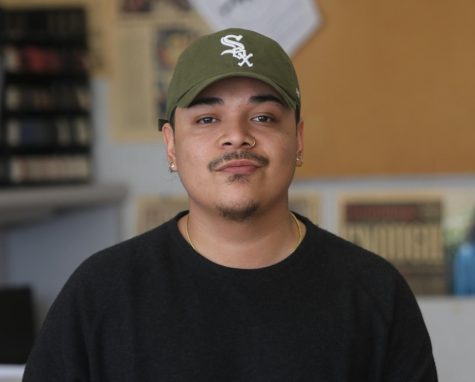
Ricardo A. Reyna is Journalism major at Fresno City College whose list of titles include student journalist/ reporter, photographer, editor, audio engineer...


